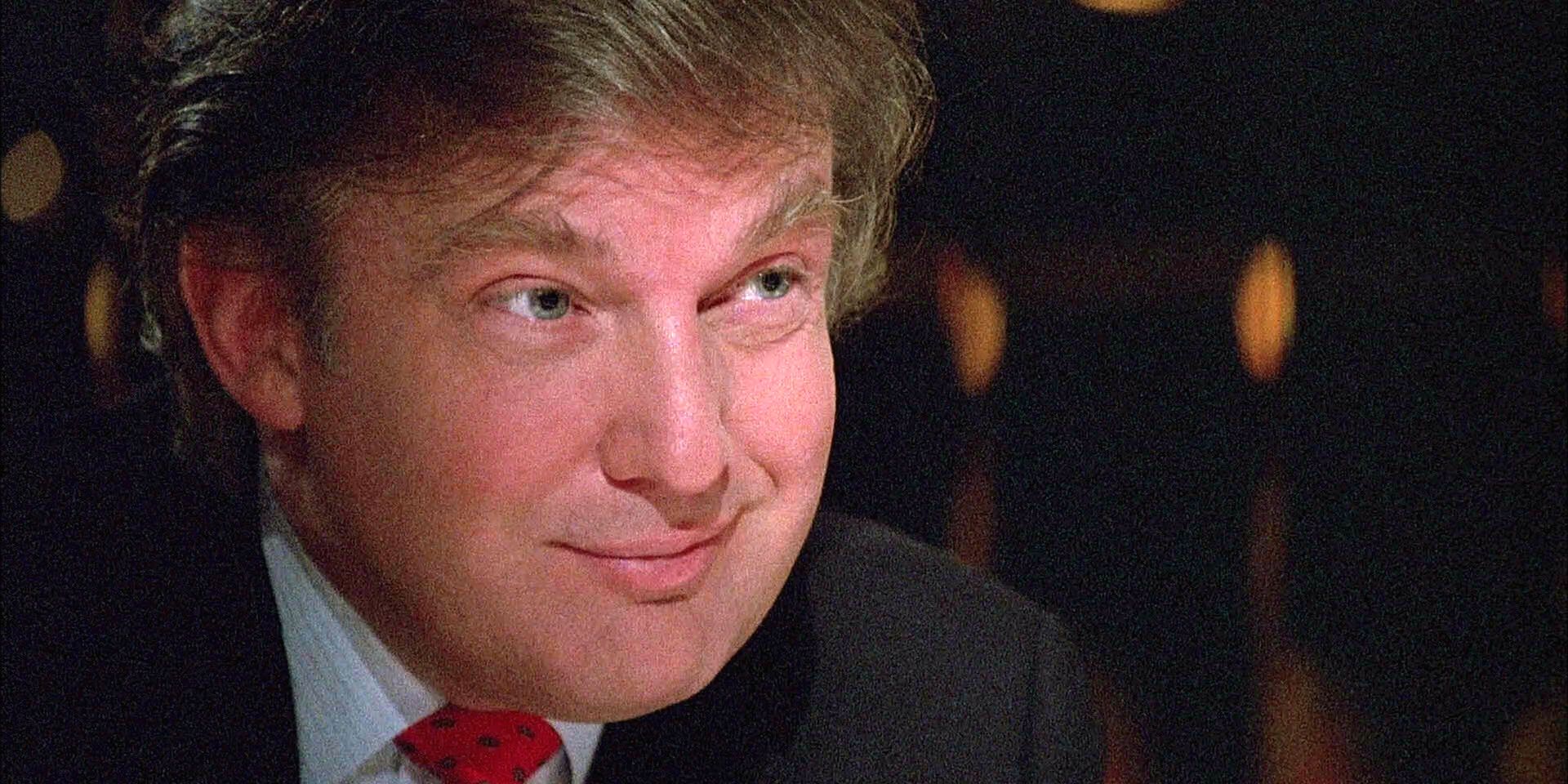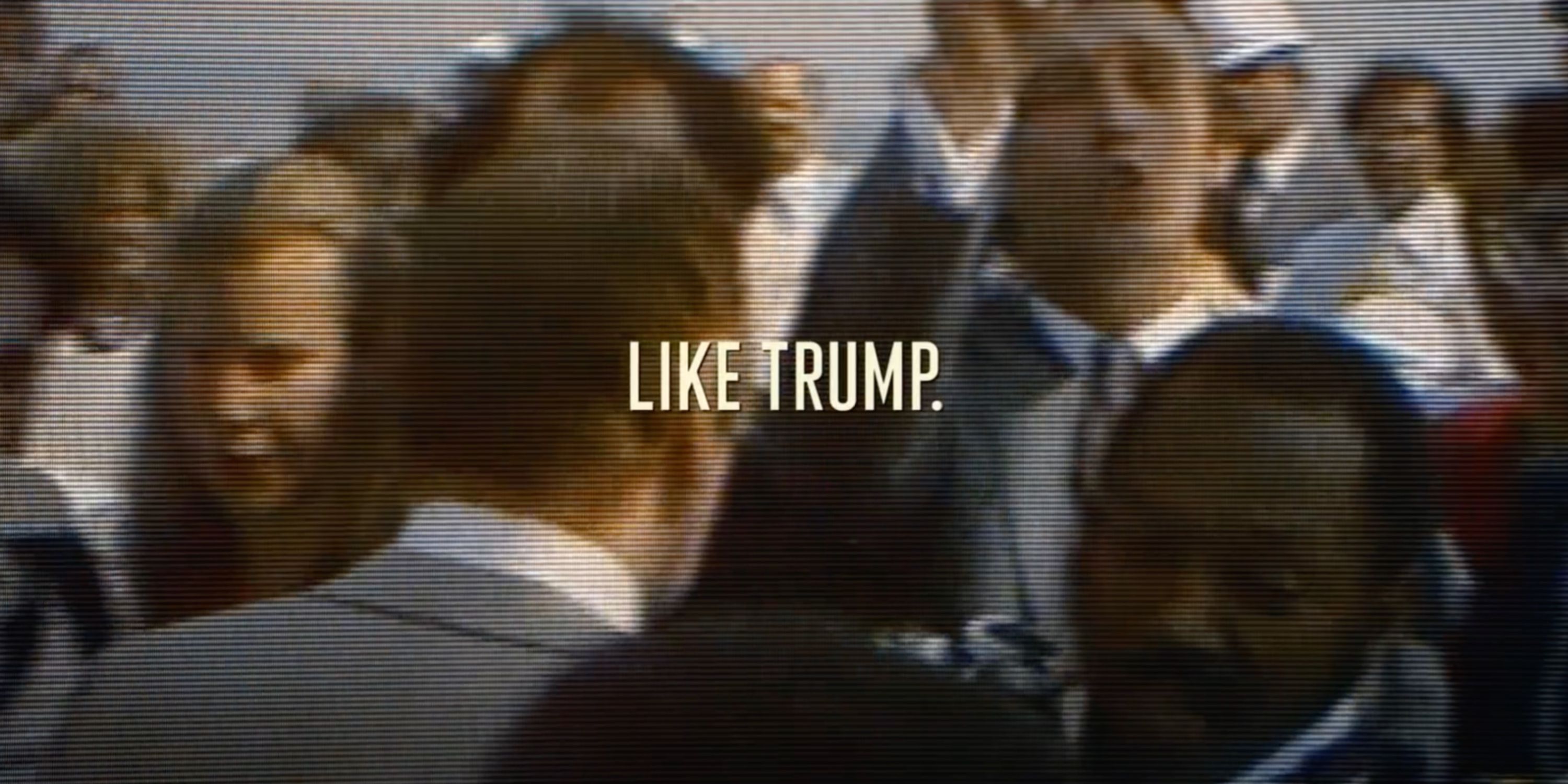Directed by Sam Hobkinson, Fear City links Donald Trump to the New York City mafia but doesn't explore the full story. Overall, the Netflix docuseries mostly centers on the FBI's efforts to systematically take down the leaders of New York's five crime families, otherwise known as The Commission, by utilizing the RICO Act. The U.S. Federal law was designed to combat organized crime though mass-racketeering charges. Fear City released in July 2020.
Fear City's third and final episode, "Judgment Day," documents the mob's role in Manhattan business deals. During the early '80s, the FBI realized that a mafia soldier named Ralph Scopo was President of the Cement and Concrete Workers District Council, and linked him to a mafia organization known as "The Concrete Club." The mob essentially created a monopoly for any New York City construction job with a minimum value of $2 million, and also received two-percent kick-backs in the process. A wire tap recording reveals that gangsters were targeting a Trump construction project worth $19 million. Special Agent John Joyce states that "The Concrete Club showed up in every conversation," and that "The Commission was always mentioned." The main takeaway is that the New York City mafia was in charge of Manhattan construction projects during the early '80s, a time when business was booming for current President Donald Trump, a real estate mogul.
Trump has never denied his mafia ties. In fact, he's admitted to meeting mobsters "on occasion" and told radio personality Howard Stern that his mafia associates are "very nice people." After watching Fear City, however, Netflix streamers may wonder about the extent of Trump's mob ties, and whether they have anything to do with his financial success.
In the early '70s, Trump inherited his father's company and re-named it The Trump Organization. By 1980, Trump was a relevant cultural figure in Manhattan upon renovating a hotel that is now the Grand Hyatt New York near Grand Central Station. At the same time, Trump began developing a skyscraper that would become The Trump Tower. As Esquire recently reported, Trump's friend and mentor Roy Cohn was a defense lawyer for several high-profile New York mobsters, many of whom are referenced in Fear City on Netflix.
According to biographer Wayne Barrett, Trump actively pursued mob contacts. Instead of running from the mafia, the real estate mogul instead played the game and bought concrete at "artificially high" prices. Incidentally, Trump was able to run a smooth operation because he proved to be a valuable business partner for the New York mafia. He even reportedly had a face-to-face meeting with Anthony "Fat Tony" Salerno, who ran the Genovese crime family during the early '80s until he was convicted on RICO charges in the 1986 Mafia Commission trial.
In 2019, Newsweek reported on Trump's upbringing in Queens, New York and the sociopolitical factors that partially explain his mob ties. Way back in 1976, FBI special agent Myron Fuller investigated a tip that 30-year-old Trump has been asked by the mafia to purchase the Fontainebleau hotel in Miami as a business front. Meaning, Trump would be the official owner, and the mob would conduct business there. The investigation didn't amount to anything, yet Fuller suggests that Trump's experiences with the mob during the '70s and '80s directly translate to his decision-making as the U.S. President. Ultimately, context is key for any conversation about Trump's mob connections. According to FBI agent Walt Stowe, "New York was so totally corrupt and so controlled by the mob in the '80s that in order to be a successful businessman, you had to have some way to work that world." Fear City on Netflix lays the appropriate groundwork for early '80s New York, but surprisingly glosses over Donald Trump's well-documented mafia connections.


